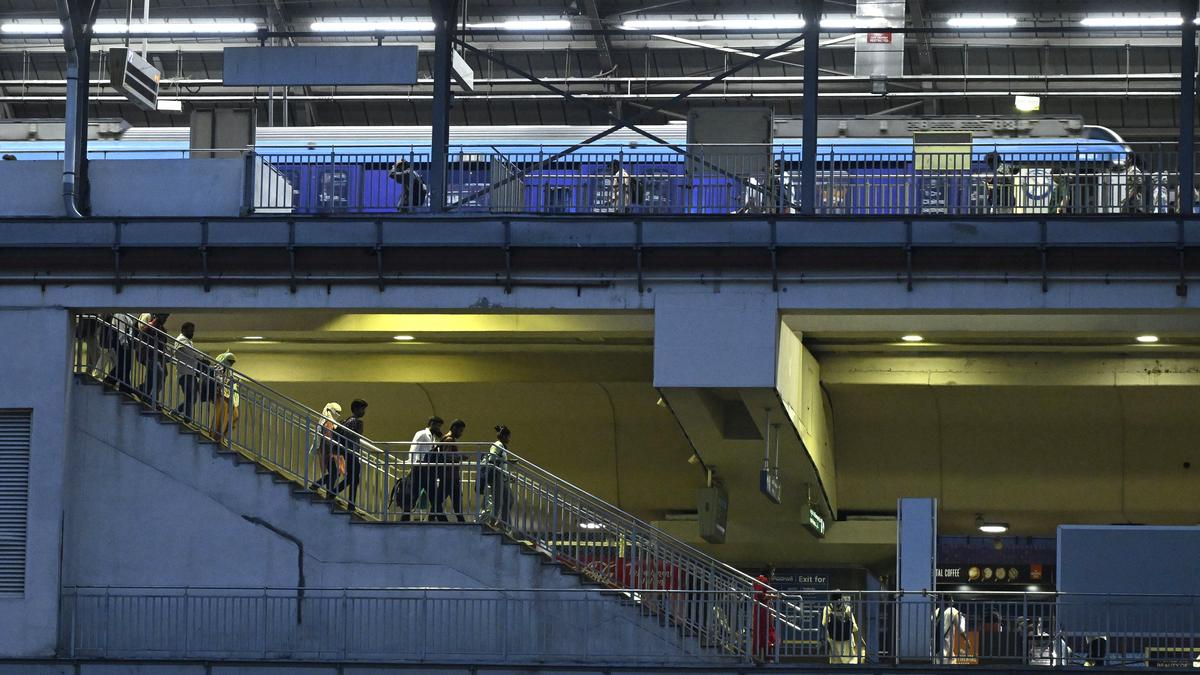Andhra Pradesh High Court Chief Justice Dhiraj Singh Thakur on Sunday said that educational institutions should conduct awareness programmes on laws like the Protection of Children from Sexual Offences (POCSO) Act, especially targeting boys in the classes IX and X.
Speaking at a State-level stakeholders consultation on “Safeguarding the Girl Child: Towards a Safer and Enabling Environment for Her in India”, organised by the Juvenile Justice Committee (JJC) of the A.P. High Court, in association with the State government and A.P. State Legal Services Authority in Vijayawada, Justice Thakur stressed the need to reduce gender discrimination.
Citing statistics to underline the severity of the issue, Justice Thakur highlighted that historically women have suffered from various forms of discrimination and abuse. He said despite progress over the years, gender discrimination and violence against women and girls have not been fully eradicated.
He pointed out that many families still see a girl child as a burden rather than an asset, leading to practices such as early marriages. “Even though laws exist to protect children, their effective implementation is lacking in many cases,” he said.
Bombay High Court judge Justice Revati Mohite Dere said that there was a dire need for a multi-faceted approach to empower and protect the girl child, with focus on creating an enabling environment for her education, skill development and leadership opportunities.
Justice Revati recommended certain key strategies to ensure that girls can assert their rights and stand for themselves, fostering their empowerment through access to equal opportunities.
Educating girls is critical, she insisted and cited the example of Malala Yousafzai, the 17-year-old Pakistani Nobel laureate who advocated education for girls. Justice Revati emphasised the need to educate boys also to help them understand laws and responsibilities to prevent crimes like sexual assault.
“What is deeply disturbing today is that small girls, even infants are not spared from sexual assaults. We need to ask ourselves what fuels this perversity,” she said, adding “for far too long, society has always told girls what to do and what not to do, it’s time for a paradigm shift and tell boys what to do and what not to do,” she said.
Involving community leaders, parents and local influencers is critical to create a supportive environment, she said, adding that collective effort was needed to challenge patriarchal mindsets and to encourage gender equality.
Public places need to be made safer to protect girls from harm, she said, suggesting focus on basic infrastructure like street lighting, clean public restrooms and safe transportation to reduce vulnerability. “Collaborations across sectors between the governments bodies, NGOs and private organisations would help enhance support for girls, creating safe environment, she added. She also called for specialised training for police and judiciary to sensitise them on how to handle cases of girl child with empathy and efficiency.
A.P. High Court judge and JJC Chairman Ravi Nath Tilhari, A.P. High Court judge and JJC member V. Sujatha and others were present.



.png)
.png)
.png)
















 2 hours ago
4
2 hours ago
4








 English (US) ·
English (US) ·